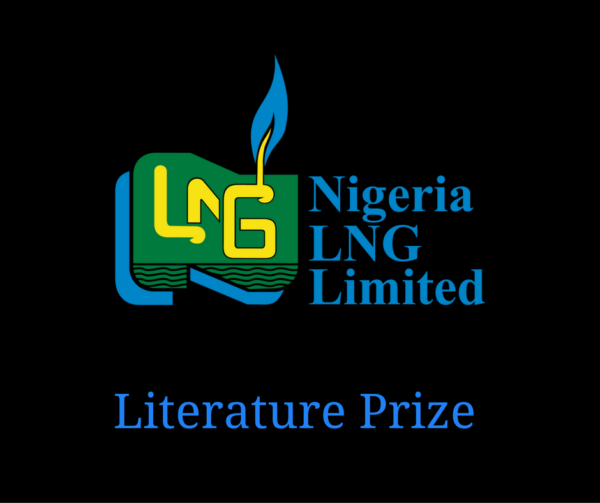Three novels were shortlisted for the 2016 NLNG Prize for Literature. These novels are Born on a Tuesday by Elnathan John, Season of Crimson Blossom by Abubakar Adam Ibrahim, and Night Dancer by Chika Unigwe. Abubakar’s book won. In the days that followed, save for the controversial 2016 Nobel Laureate in Literature, the media was friendly with Abubakar. His win has a monetary attachment of 100,000 dollars. He was interviewed. Literary festivals within Nigeria had him talk about his book. He has most likely been asked by journalists what he would do with the prize money. In a few more months, his win might be off the news. Abubakar might go back to writing or fixing some personal issues with his money.
In the months leading up to the announcement of the winner, something was conspicuously missing. The web and print media barely received any critical writing on the three shortlisted books. There hasn’t been enough engaging debate about the books and the authors and their possibilities. The literary circle got busy with popular culture — life, Kim’s robbery in Paris, Kaffy’s caressing of a chicken on the front page of a magazine. Pop life is big news. Graduates of literature, perhaps, see it as uncool to spend about 10,000 of their hard earned Naira to purchase three books whose authors were on the list of being millionaires and talk about them.
I am a literary critic. The university I attended will graduate about 64 English and Literature majors in a few months. Some 50 more who combined other courses with English and Literature will also come out with a degree. The study of Literature prepares one for the life of literary criticism, but often times, it is just what it is—getting a university degree.
I am guilty. I have not read any of the books that made the shortlist. I have read short stories from the authors but not the shortlisted books. And I am particular with pop life, like my peers. And we have let down the tradition of literary criticism, the kind led by the likes of Professor Charles Nnolim and the late Isidore Okpewho.
Outside the committee for the NLNG Prize who were paid to screen the entries, no other scholar has done visible voluntary work on the books. Literary criticism sustains a literary work but not in Nigeria, currently. How then would a work survive if it is not talked about? Should the committee for the NLNG Prize pay special critics outside the circle to fuel debate on the entries yearly? Should they run a contest on the review of the shortlisted books across universities in the country so the books can be read? What about newspaper houses? Can they pay critics to review such shortlisted books and drive a debate?
It is amazing to have a huge sum as reward but can the NLNG Prize institute a nationwide tour and discussion in the geopolitical zones in Nigeria? Can there be residency attachment to the prize, something that can rotate among selected schools with facilities for such, so the winners can share their experiences and teach creative writing for at least six months? What are the steps that can be put in place for the rejuvenation of literary criticism? The Nigeria Academy of Letters: what do they do again? What about some international exposure with foreign universities? What would it take to get international media coverage of the prize and the conversations around the shortlisted works? Wouldn’t this help shoot up sales and increase demand for the authors and the publishers? Or can the NLNG run a centre for creative writing so the works by the winning authors can be studied and given to schools for free, since the prize money has taken care of copies?
The prize should not just be about walking home with the prize money. It should also be about finding new audiences for the writer and creating a literary brand with a solid cultural capital.
About the Author:
 Bura-Bari Nwilo lives in Port Harcourt. He is author of A Tiny Place Called Happiness – a collection of stories.
Bura-Bari Nwilo lives in Port Harcourt. He is author of A Tiny Place Called Happiness – a collection of stories.










Su'eddie Vershima Agema December 25, 2016 18:28
This is a really nice piece. Bura-Bari, there is much to do and I hope that more than just lament, as you have or be grateful for it, as we have, we should work towards building that which we want. I have read Elnathan's book and Abubakar's. I wrote a paper on the former but I need to complete a critical reading of Abubakar's and Chika's to do something better. There is much to do and I can only hope we get the time, commitment and discipline to face the work that we are meant to face. Well done Bura-Bari. Well done.